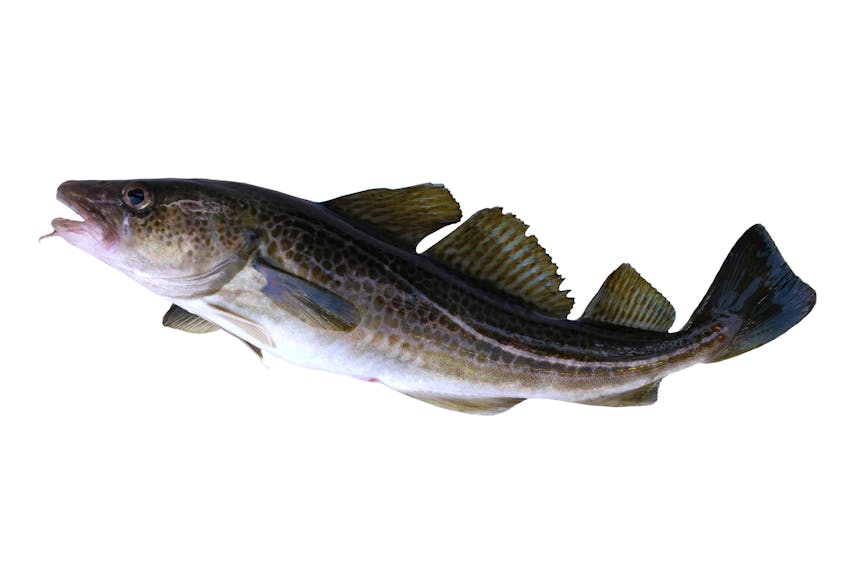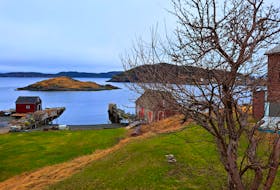Last week’s news on Northern Cod wasn’t what anyone was hoping for, but it’s no cause for panic.
There will be fluctuations in biomass from year to year in any stock that’s rebuilding. These same cod stocks had declines from 2009 to 2011, but the overall stock still increased 12-fold in the last 15 years, from an estimated 25,000 metric tonnes to 315,000 metric tonnes.
Related story
Northern cod stock declined over last year; scientists urge minimum fishing effort
This year’s decrease was not a result of the very small stewardship fishery; natural mortality has been driving the trajectory of this stock since the moratorium. The harvest limits approved by DFO are extremely conservative and well below the threshold DFO Science identifies as not hindering overall growth of the stock. But the reality is that organizations such as the Groundfish Enterprise Allocation Council (GEAC) and its offshore corporate members want to kill inshore efforts to prepare and rebuild the Northern Cod fishery.
Their disingenuous interest in the conservation and sustainability of Northern Cod should not be taken seriously, especially given the fact that their offshore corporate trawlers continue to fish vulnerable, pre-spawning aggregations of cod on the province’s south coast.
With sustainability and conservation as a top priority, the inshore fishery continues to prepare for the return of groundfish.
The harvesting proposals put forward by the N.L. Groundfish Industry Development Council, a coalition of inshore harvesters and processing companies, are based on science.
The union is co-leading a Fisheries Improvement Project (FIP) for Northern Cod in 2JK3L, which was recently graded “A” by Fisheryprogress.org for significant progress in addressing concerns around bait, endangered/threatened/protected species, harvest control rules and management plans.
What is needed is more focus on predation within the ecosystem and a better look at the impact of seals on the stock. For years, our organization has been calling on the federal government to step up and follow through with recommendations to control the seal population. There are approximately eight million seals in Atlantic Canada, and each adult can eat about two tonnes of prey each year, up to half of which is cod. That’s a lot of cod — substantially more than the small stewardship fishery harvests each year.
It is also crucial that the government implement measures to track removals from the recreational fishery. We need as much data as possible to tell the true picture of health of this stock.
For centuries, coastal communities in Newfoundland and Labrador relied on cod as their main economic driver. We need only to look to the introduction of the offshore dragger fleet to see how the collapse of our most prized resource began.
The inshore fishery employs thousands in harvesting, processing, transportation and servicing. The profits of which stay here in our province, contributing to the livelihoods of families and sustaining entire communities and regions.
The small-scale inshore fishery did not lead to the collapse of northern cod, nor is it hindering rebuilding efforts.
Keith Sullivan
President, FFAW-Unifor








